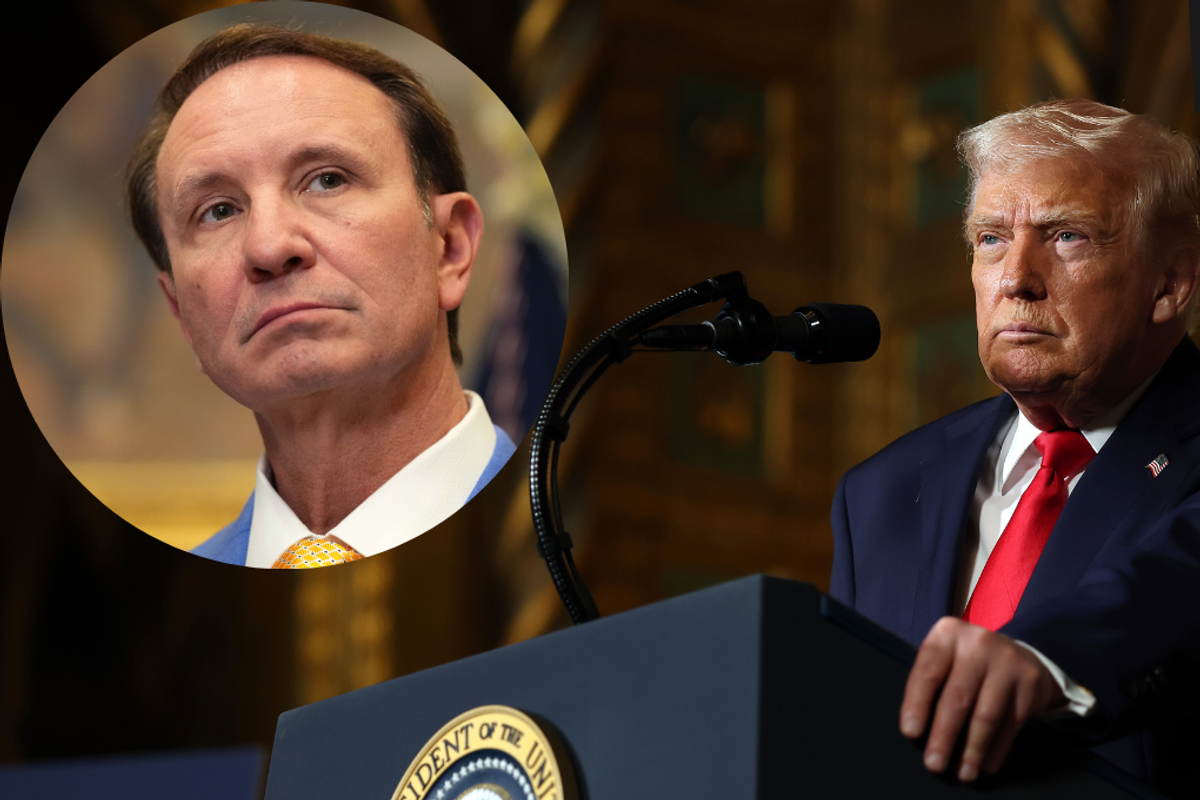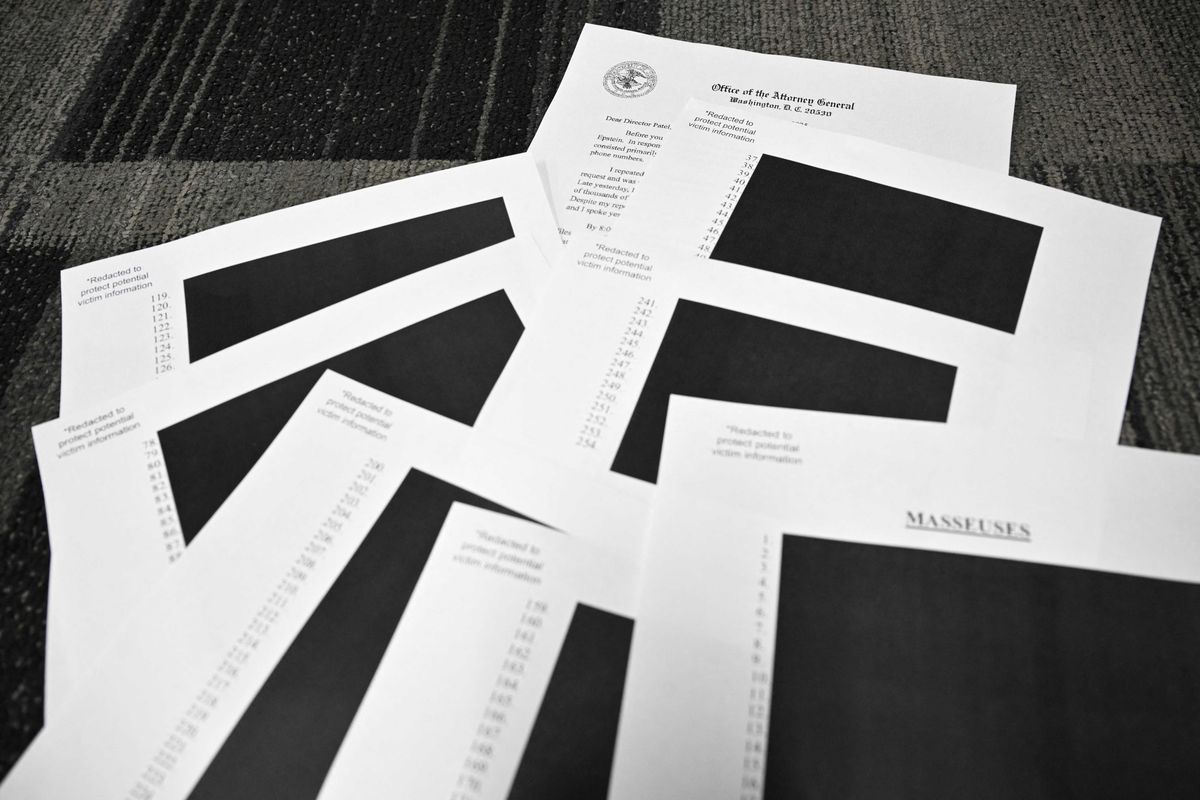No-shows at weddings are not only frustrating but they can also land the newlyweds with a hefty bill. In fact, approximately £1.52 billion each year is thrown down the drain on people not showing up to the big day.
Data collected by Togather revealed that no-shows are costing couples £6,163.36 on average. The booking company analysed budget data from thousands of weddings across the country and lifted the lid on the financial strain caused by guest absences.
On average, 20 per cent of guests who RSVP don't end up attending, creating financial implications.

The true cost of a no-show guest
The survey revealed that the average cost of a UK wedding in 2023/24 stands at £30,816.41.
With an average of 80 guests per wedding, this means each guest amounts to £385.21.
How big is the problem?
The issue of no-show guests is not just a minor inconvenience; it’s a big financial problem for newly married couples. On average, about 20 per cent of wedding guests don’t attend despite RSVPing. For a wedding with 80 guests, this means around 16 people might not show up, leading to a direct financial loss of £6,163.20 per wedding.
With approximately 246,897 weddings taking place in the UK each year, the financial burden of no-shows becomes even more apparent. Across the country, these no-shows are costing UK couples a staggering £1.52bn annually.
Where does the money go in a typical UK wedding?
Weddings are known to be one of the most significant expenses many couples will ever face.
Let’s break it down:
- Venue: £7,219.97
- Florists: £1,974.66
- Marquees: £3,113.73
- Caterers: £3,268.59
- Street Food: £1,606.17
- Photography and videography: £2,163.72 (£1,037.47 for photography and £1,126.25 for videography)
- Event and hospitality staff: £4,943.29
- Event bar: £3,490.58
- Glamping: £3,035.70
All these costs contribute to the overall budget, where even small percentages of no-show guests can translate into substantial financial losses.
Mitigating the impact of no-shows at weddings
No-shows are a common occurrence at weddings, but couples can take proactive steps to minimise their impact. One effective approach is to use online RSVP platforms and event management apps. These tools streamline the process of collecting guest responses and provide real-time updates, helping couples maintain an accurate headcount. Sending reminders through these platforms can also encourage guests to RSVP promptly, reducing the likelihood of last-minute surprises.
Clear communication with guests is also crucial. Including a polite reminder about the importance of timely RSVPs in invitations or on the wedding, website can encourage guests to be considerate of the couple's planning efforts.
Another key strategy is to work with vendors who offer flexible agreements. This flexibility allows couples to adjust their orders close to the event date, avoiding unnecessary costs for unused meals and services. Additionally, having a contingency plan for seating and arrangements can help manage the logistics of any unexpected declines. Couples can set up versatile seating arrangements that can easily adapt to changes in guest numbers, ensuring a seamless and well-organised event.
How to join the indy100's free WhatsApp channel
Sign up for our free Indy100 weekly newsletter
Have your say in our news democracy. Click the upvote icon at the top of the page to help raise this article through the indy100 rankings.














